With global order undergoing a rehaul, the Maldives senior foreign ministry officials emphasised close ties with India, citing meetings between Prime Minister Narendra Modi and Maldivian President Mohamed Muizzu.
Ahmed Shiaan, the Maldivian secretary of the Ministry of Foreign Affairs highlighted strong bilateral relations and addressed key issues including the hydrographic agreement with India, the Turkish drone deal, and broader defence and development cooperation.
Addressing reporters with Maldivian High Commissioner Aishath Azeema in New Delhi, he said, “Whenever there’s a high-level multilateral forum, one of the first things you will hear is your Prime Minister Modi and our President Muizzu meeting on the sidelines.”
He said that high-level visits and regular interactions reflect the strength of the relationship and the willingness on both sides to engage constructively.
‘India will always be our neighbour…’
Answering a question on the thaw in India-China relations following Prime Minister Modi’s visit to Tianjin, Shiaan said, “For the longest time, we saw strategic rivalry in the Indian Ocean. Now, as both countries resume dialogue and relations begin to normalise, the question is how this could play in favour of the Maldives. Our position has always been very clear: Maldives enjoys very good relations with both India and China, and we want to continue that.”
Speaking about India’s geographical closeness, he said, “India will always be our neighbour, as will Sri Lanka — that reality will never change. Our ties with India go back millennia, long before formal diplomatic relations in 1965. These relations are rooted in people-to-people contact, which continues to define them today.”
‘No plans to renew’ India-Maldives hydrographic agreement
When asked about the hydrographic agreement with India, which was not renewed in 2023, High Commissioner Aishath Azeema said, “Yes, the agreement expired and there was no renewal. It was tied to a specific project that was undertaken jointly with the Indian government. Once that project was completed, the MoU also came to an end, and we did not renew it.”
In December 2023, the Maldives formally announced it would not renew the hydrographic survey agreement with India, set to expire in June 2024. Signed in June 2019 during PM Modi’s visit, the agreement allowed the Indian Navy to conduct extensive hydrographic surveys in Maldivian waters to enhance navigation safety, support economic development, and contribute to environmental protection and scientific research.
Shiaan clarified, “There are no plans to renew it. It was tied to a specific project that has already been completed. If there is a specific need in the future, both India and Maldives will discuss it, as we always do.”
Impact Shorts
More ShortsShiaan on concern over Turkish drones: ‘To curb piracy, illegal fishing, and transnational crime’
Addressing concerns over Maldives acquiring Turkish drones, Shiaan noted, “Our relationship with India has always been very strong, particularly on matters of defence cooperation. But our interests have consistently focused on protecting Maldivian territory.”
He said, “If you recall, about six to seven years ago, piracy in the eastern seaport of Somalia was a major concern. At that time, we worked with Nato, the EU, France, India, and even China to conduct joint patrols. The goal was always to safeguard our seas, not for military posturing. The drones we are now using serve the same purpose — monitoring our Exclusive Economic Zone (EEZ) to prevent piracy, illegal fishing, and transnational crimes like drug trafficking. Journalists sometimes read too much into the military angle, but in reality, 90 to 100 per cent of this surveillance is for domestic security.”
He said, “For example, a massive drug haul of over a ton was intercepted in our waters, not meant for Maldives but transiting through our EEZ. These drones also help us locate missing vessels. Earlier, it could take a week and often end tragically. Now, with drone surveillance, we are able to locate them within 12 to 18 hours. Somali piracy is no longer a menace in our region, but piracy still exists globally.
“This is why we are modernising our own capacities. Instead of depending on multiple MoUs and lengthy joint exercises, Maldives aims to be self-sufficient in monitoring and securing its maritime territory. With only 1 per cent of our territory being land, safeguarding our vast sea space is critical, and drones are essential for that.”
Defence ties with India
“Defence cooperation remains a key pillar of bilateral relations, though it is not always on a completely smooth path. While many areas of cooperation, such as capacity building, training, and joint exercises, are progressing, the Maldives remains careful about the assistance it receives from India,” the high commissioner said.
“Maldives relies on India to supplement areas where its local resources are limited. Ultimately, the Maldives prioritises protecting its economic zone independently and ensuring that its territory is safeguarded by Maldivian resources.”
‘Nothing urgent or specific…’: Shiaan on his New Delhi visit
On what brought him to India, Shiaan said, “I am here to meet colleagues in Delhi. I also thought it would be a good opportunity to engage with the media. It’s nothing urgent or specific. I studied at Bangalore University, so I’m also taking some time to catch up with friends.”
On India’s proposed coastal radar project, he did not indicate any immediate development but noted that cooperation with India on maritime security continues to remain strong.
‘Hanimaadhoo Airport is complete, inauguration in November’
On the inauguration of Hanimaadhoo Airport, Shiaan said, “The last I was told, it’s completed and could be inaugurated in the first week of November. The exact timing will be decided at the moment of inauguration. As for shifting services from the old airport to the new terminal, it’s a gradual process. Since the peak season begins in October and runs through February, we wanted to avoid any disruption. The new terminal has very different facilities and infrastructure, so a sudden shift could risk glitches affecting arrivals.”
The redevelopment project at Hanimaadhoo International Airport, which commenced in January 2023, is funded by a line of credit from India’s Exim Bank. The project includes a 2.46 km runway, a new passenger terminal, an air traffic control tower, cargo facilities, a seaplane terminal, and the first aero bridge at an atoll airport with two gates on each level.
‘Impact of Trump tariffs on Maldives minimal, we export little beyond fish’
On US tariffs under President Trump, he said the impact on Maldives is minimal. “We are not a country that exports much beyond fish, so we are largely unaffected,” they noted. He emphasised that the 10 per cent tariff was described as the lowest rate, with suggestions that there could be scope for collaboration or negotiation.
Male’s stance on Gaza situation
On Israel’s war in Gaza, Shiaan said, “We go by the UN Security Council and UN General Assembly resolutions. Our position has always been a two-state solution — side by side, based on pre-1967 borders, with East Jerusalem as the capital of Palestine. This stance was established long ago and reflects the position of the majority of UN member states. Our policy has been very clear, and we have always been vocal whenever given the opportunity.”
On the humanitarian crisis in Gaza, he said, “What is happening in Gaza breaks anyone’s heart. Sometimes it’s even difficult to watch television when you see those images. Our position has always remained consistent.”
Recent media regulation bill and concerns
To queries about the uproar over the new media bill in the Maldives, Shiaan said, “When the bill was initially drafted, a lot of issues were raised by journalists in the Maldives. But when the bill was passed, those concerns had already been addressed and the draft was amended. All the criticisms and allegations regarding the bill have been addressed through the media.”
The Maldives Media and Broadcasting Regulation Act, ratified by President Muizzu on September 18, introduces stringent controls over media operations, including the authority to fine journalists and media outlets, suspend licences, halt broadcasts, or permanently close outlets deemed to violate its provisions.
‘We are a one-trick pony’
When asked about the tourism sector, Shiaan said, “When the tourism industry is doing well, the economic situation improves on its own.” He said the Maldives successfully weathered the Covid-19 pandemic and remained one of the most preferred tourist destinations post-Covid.
He said that tourism contributes around 80 per cent to the nation’s GDP, both directly and indirectly. “We are a one-trick pony,” he acknowledged, emphasising the economy’s heavy reliance on tourism.
‘Our products were initially designed for Europeans, now adapting for Indians…’
On whether the Maldives prefers European tourists over Indian visitors, Shiaan said, “No, that’s actually not true. We enjoy Indian tourists more, and we are learning from them as well. Because Indians, when they travel, have different habits. We are used to Europeans, so our products and services were initially designed for them. When Chinese tourists started coming in, we adjusted our offerings for them as well.”
He said, “We are learning as a country, and as an industry, how to cater to these diverse markets. Slowly, the industry is adapting to tourists’ demands, understanding their habits, and factoring in what they want. For example, Indian tourists often travel together as families and enjoy visiting local islands.”
He further noted, “The Indian mindset is very different, and what we are finding is that people from the north have habits that differ from other Indian tourists — very different indeed.”
Maldives leads small island nations in advocating unified action on climate change: Shiaan
Shiaan described climate change and existential threat to the Maldives amid US-led retreat by many countries from the fight against global warming. Shiaan said, “Through the AOCC (Association of Small Island States), which brings together 44 countries, Maldives advocates a unified stance at international forums, highlighting the strength of collective action.
“For us, climate change is an existential threat, and local solutions — such as enhancing mangroves, shore protection, and community-level mitigation — are critical rather than relying solely on international agreements.”
He said, “The country has survived for over 2,000 years and is confident it will endure for at least another 2,000, relying on resilience and careful adaptation. Maldives’ efforts have drawn international attention, with nations in the Caribbean and Pacific now studying its strategies as a model for adaptation.”
Not a fan of mega infrastructure projects
Shiaan said, “Maldives itself is not particularly known for very large-scale infrastructure projects — those are usually associated with India, China, Sri Lanka, Singapore, or the Middle East. For example, our airport project involves one of the biggest infrastructure companies from Saudi Arabia and the Middle East.”
“All our projects go through open bidding. Whenever a new project is announced, it is published in the government gazette. Interested parties then bid, and the project is awarded based on the best proposal.”


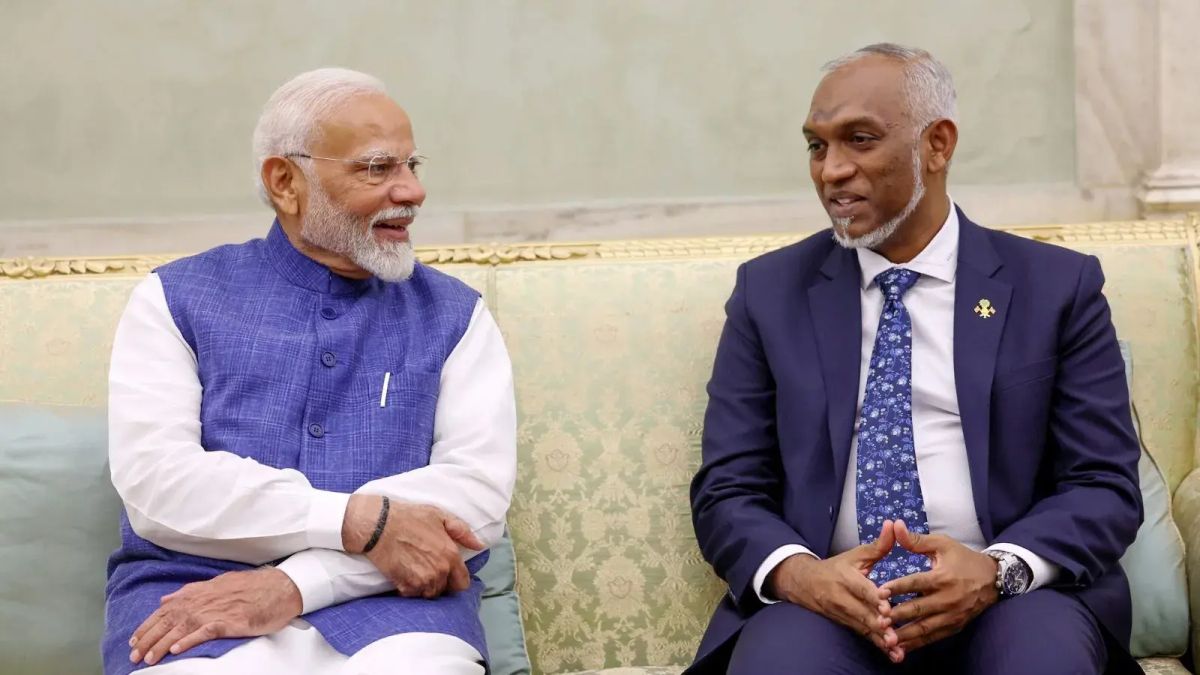)
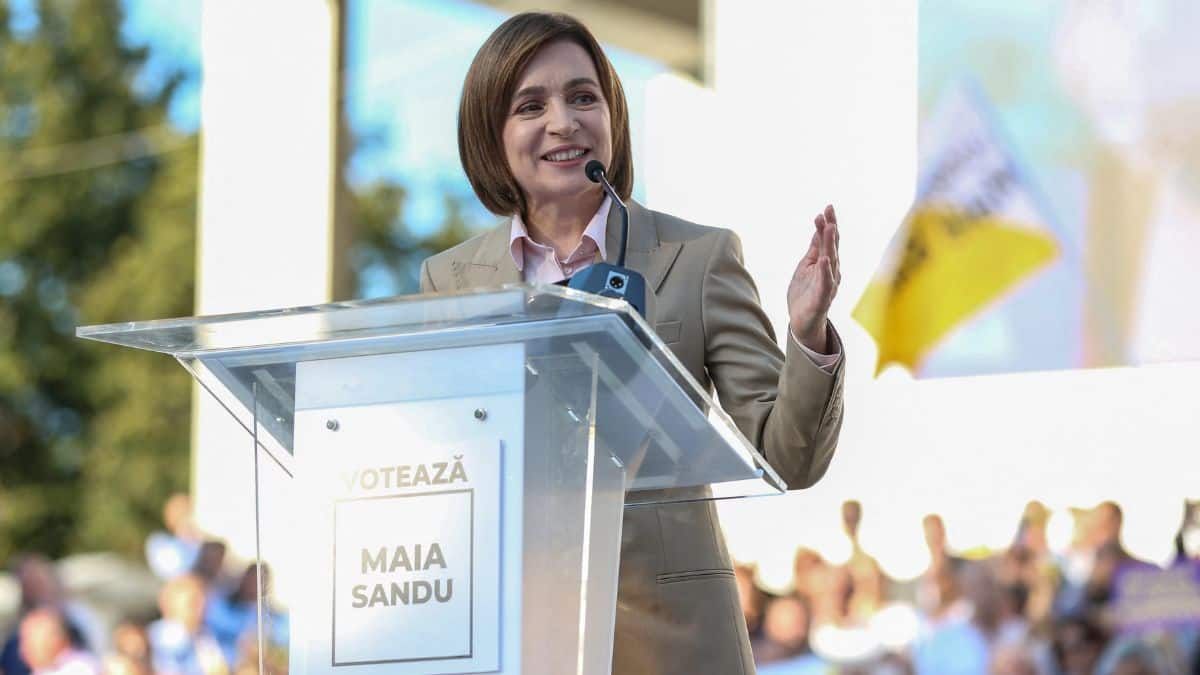
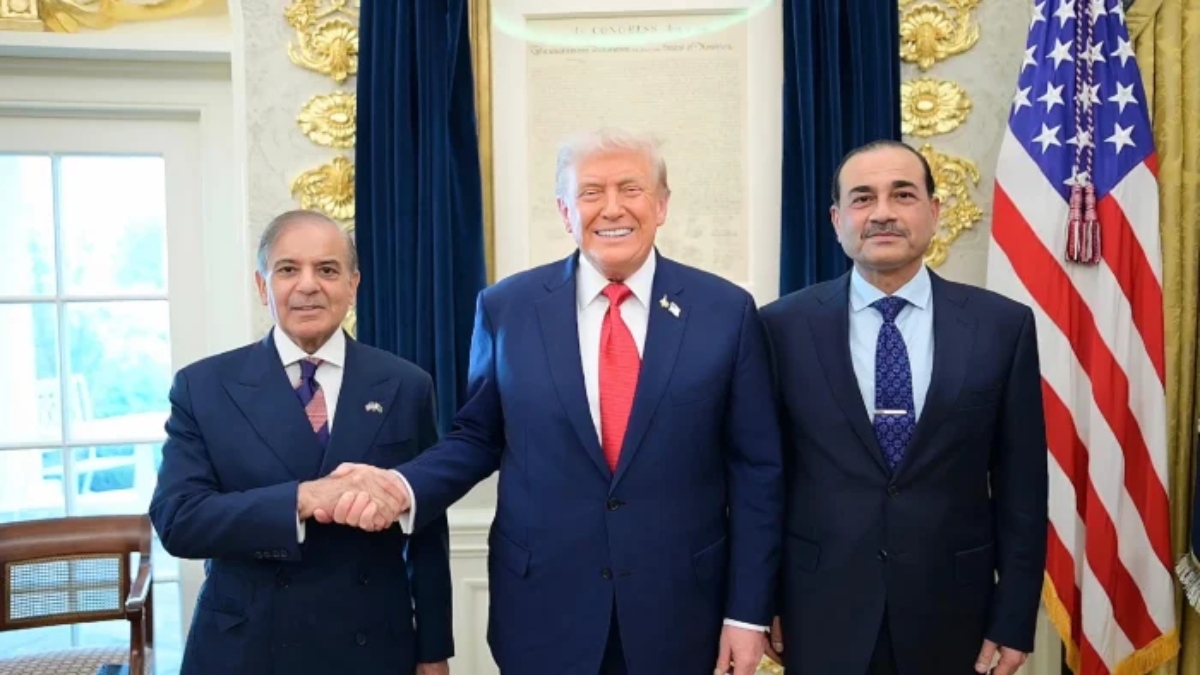)
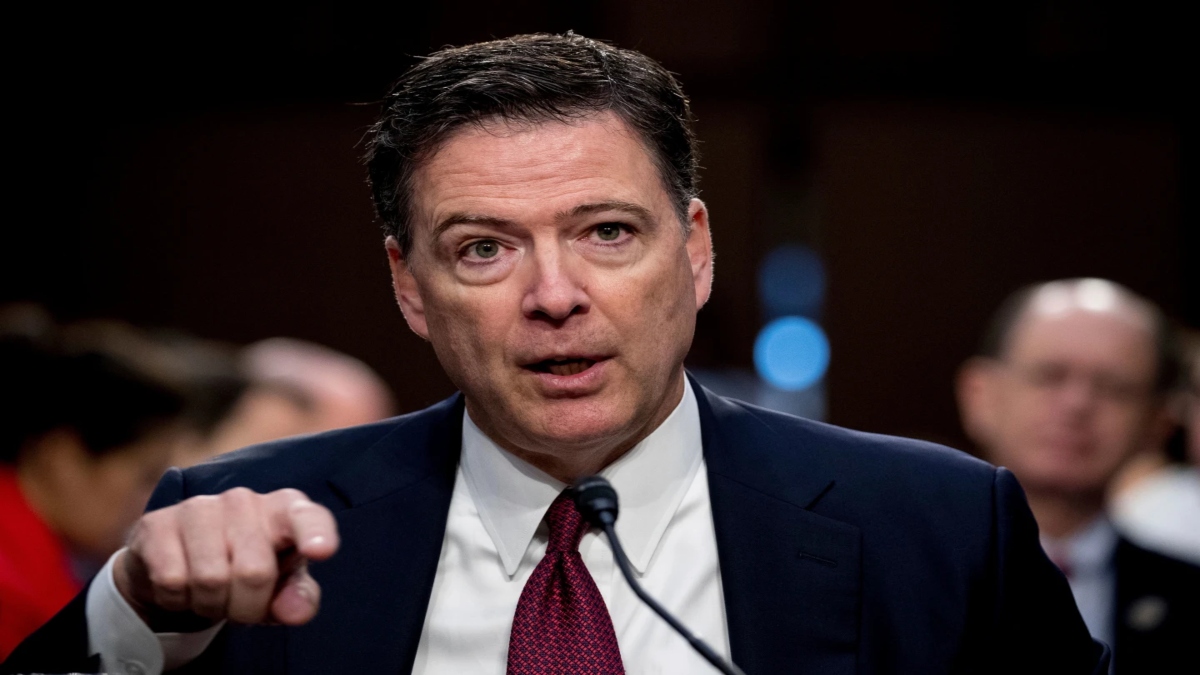)
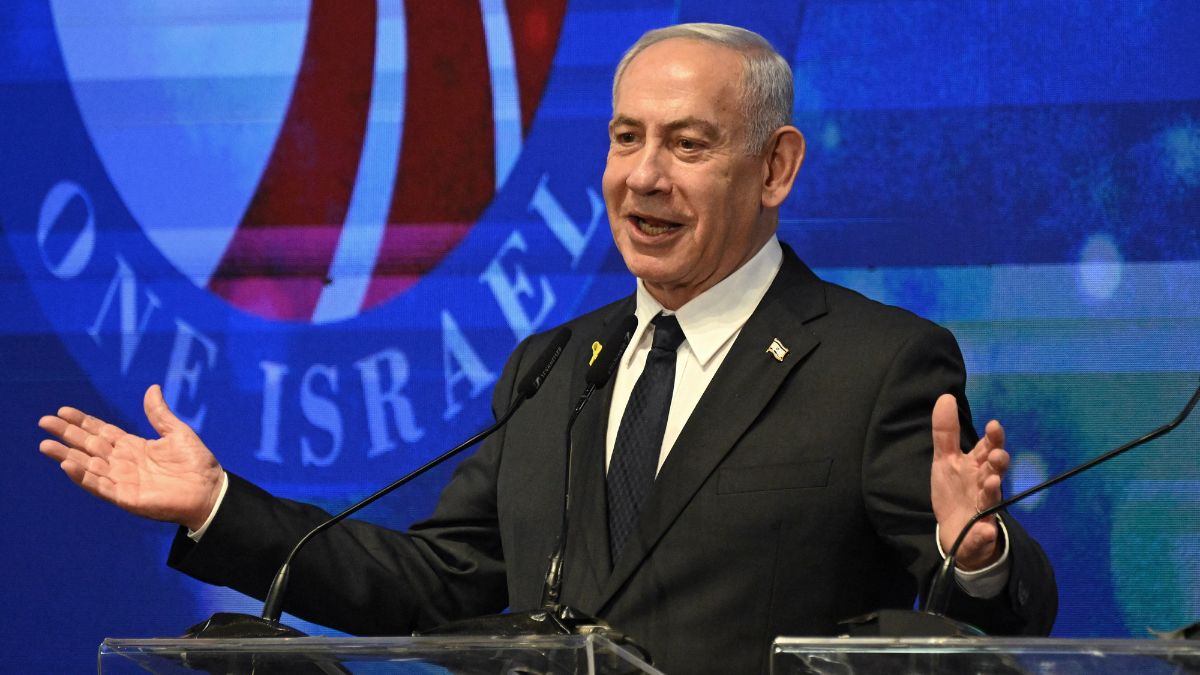)
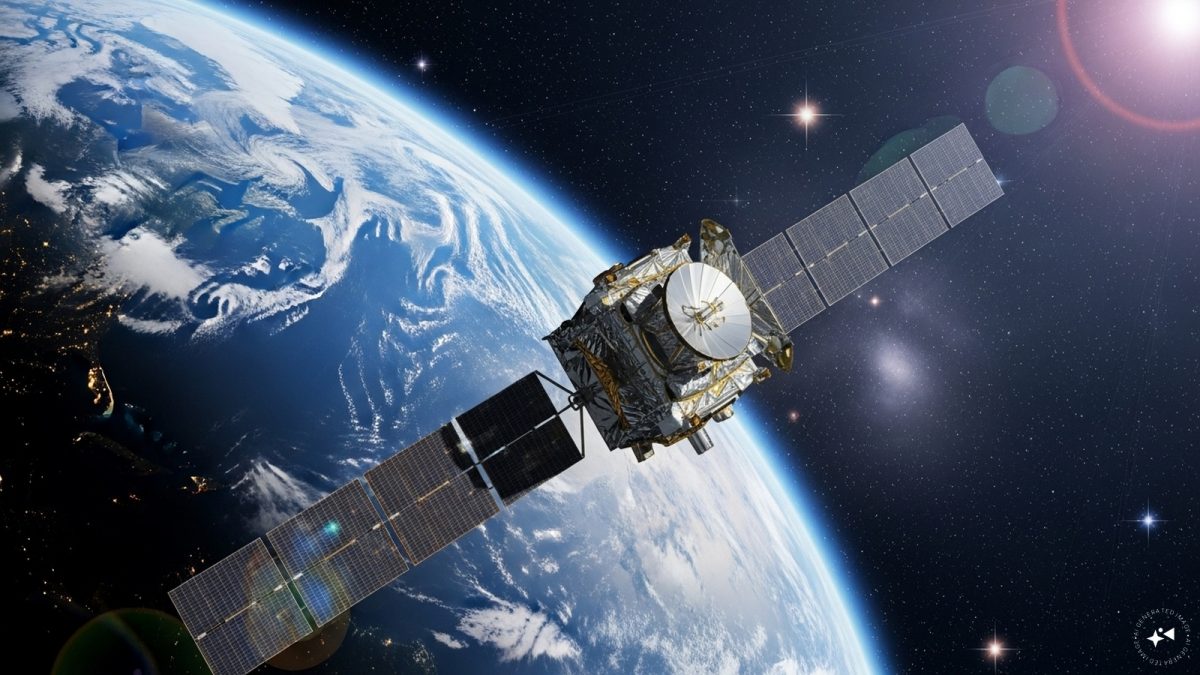)
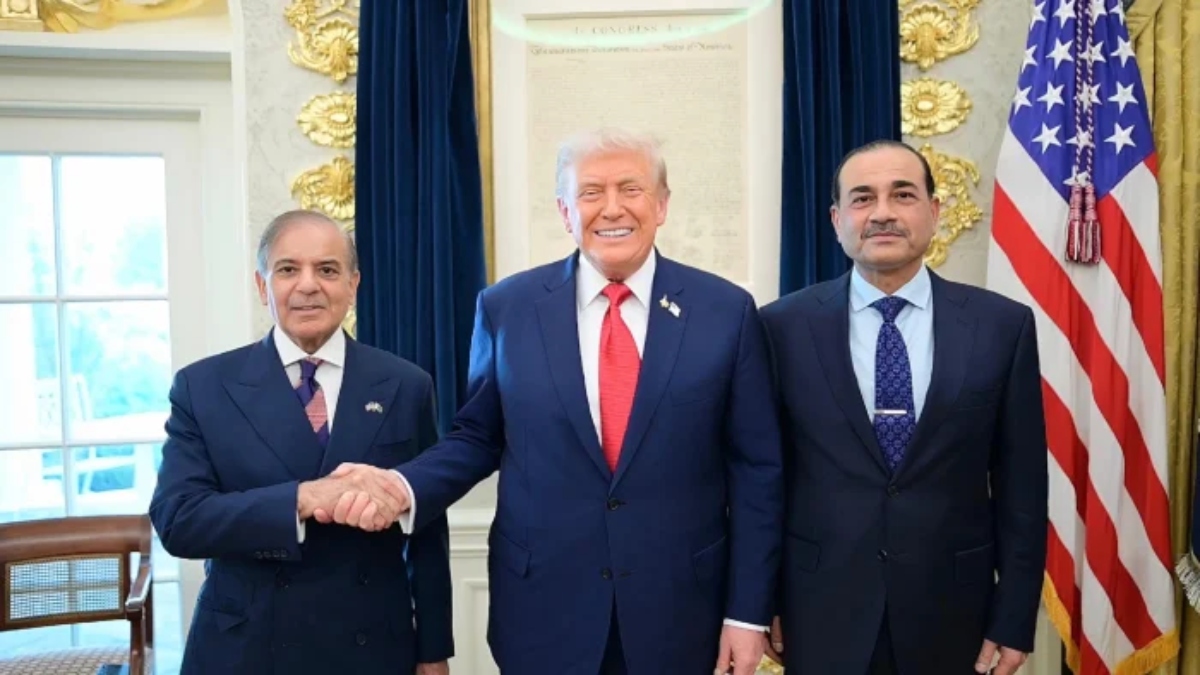)
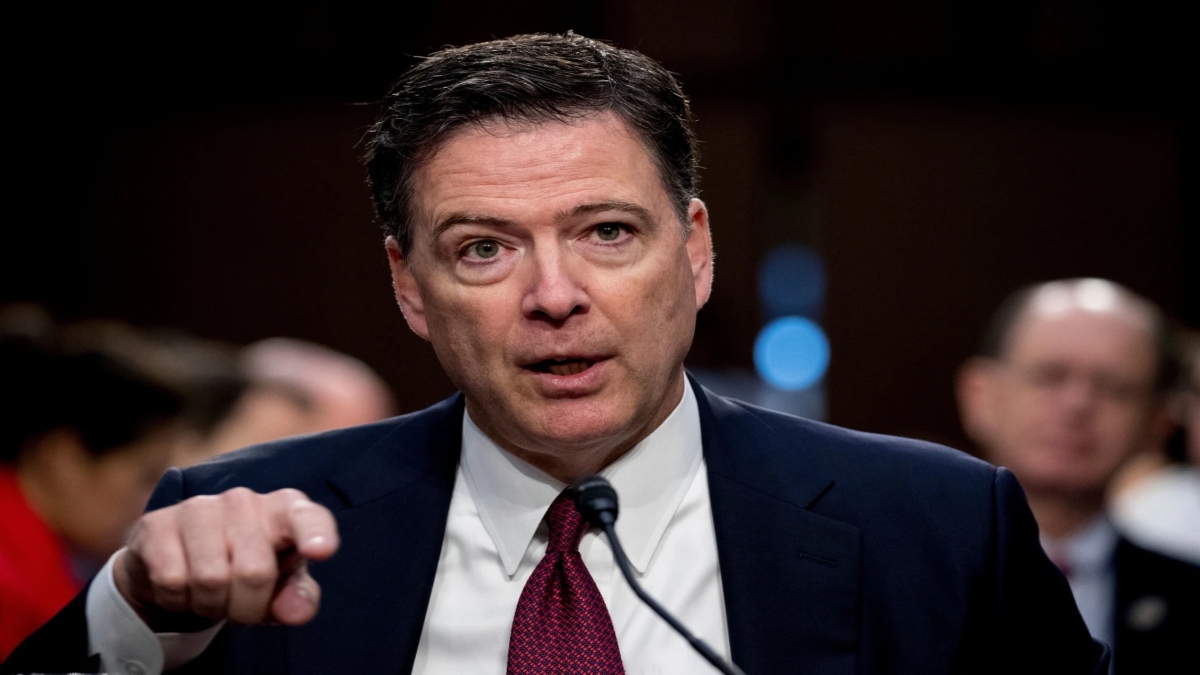)
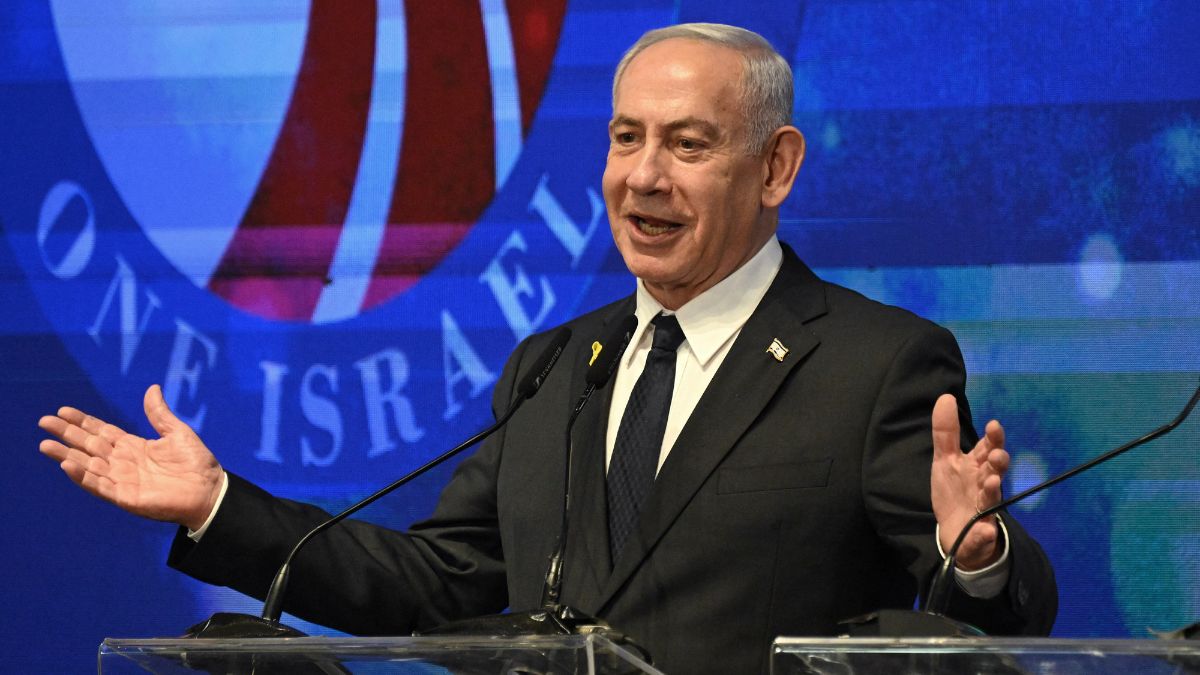)
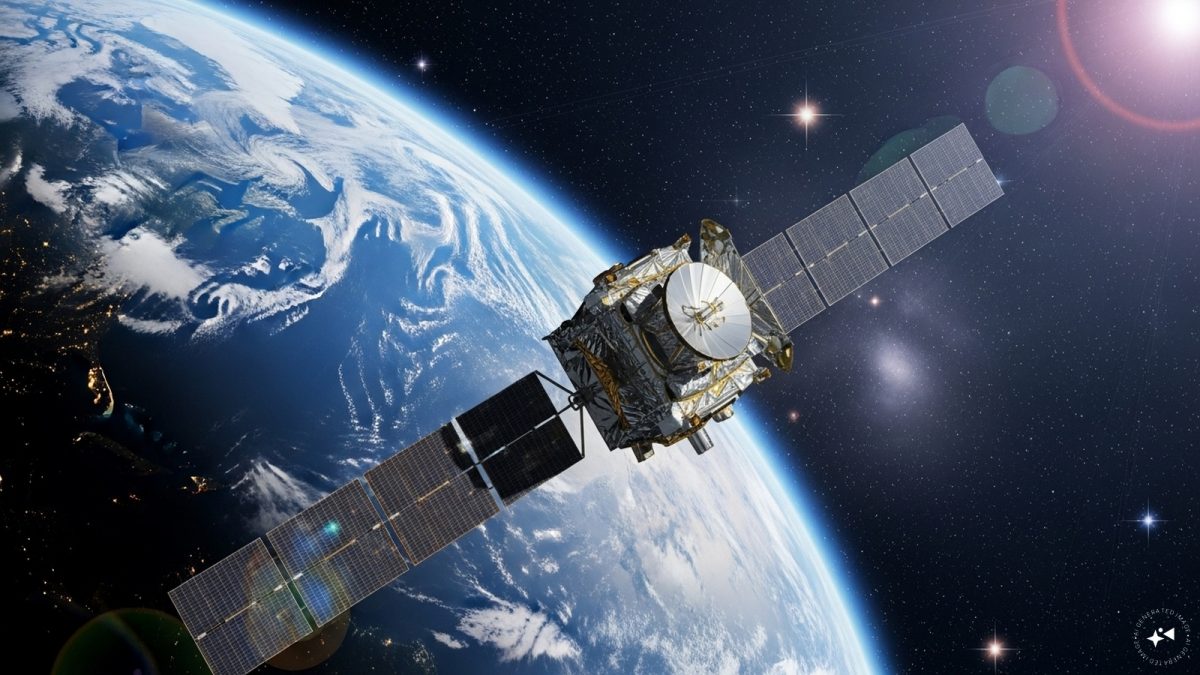)



